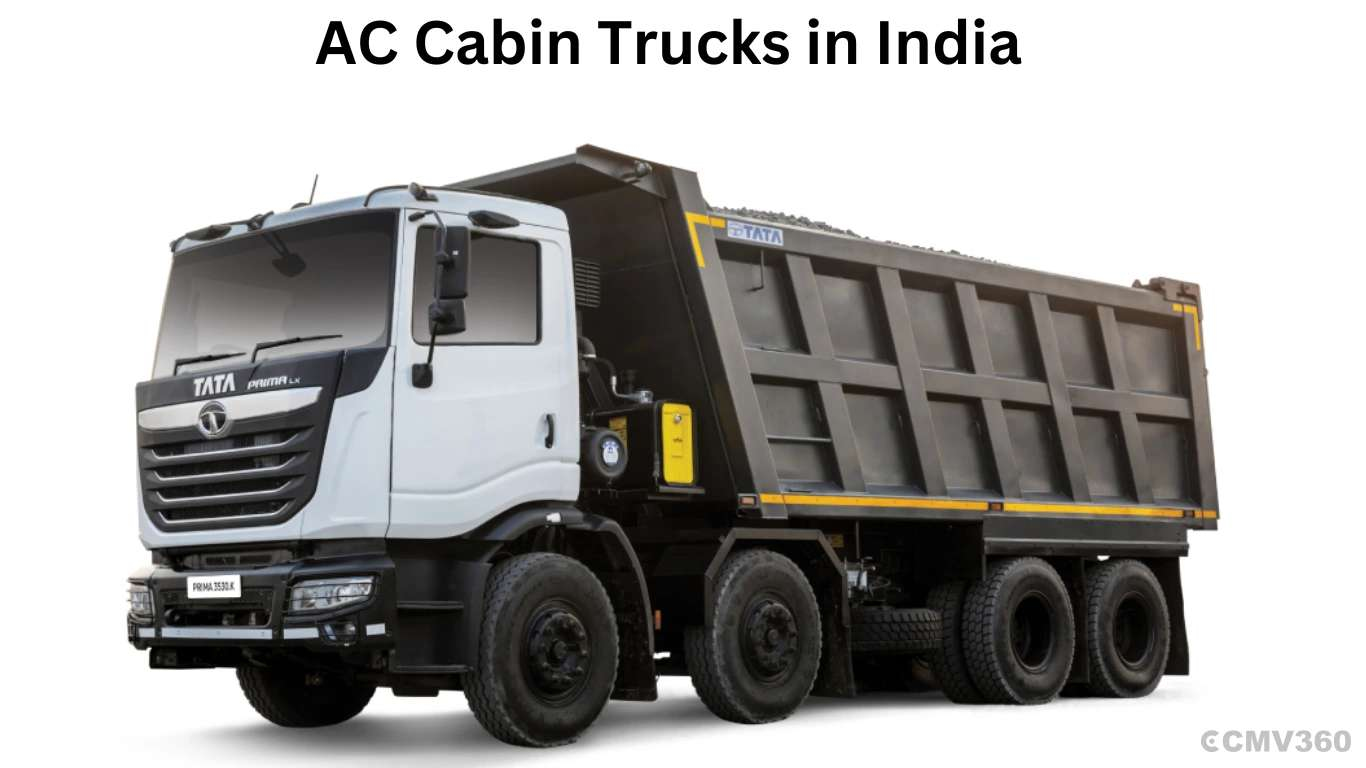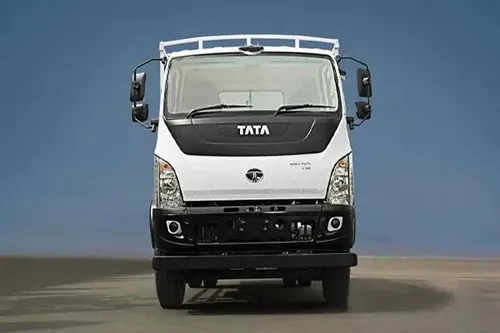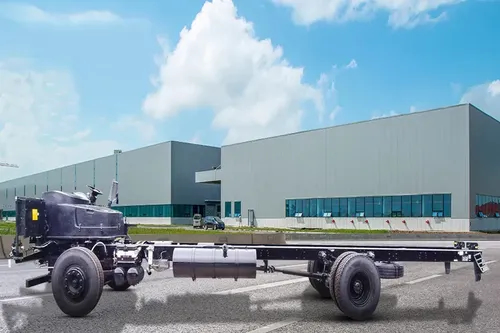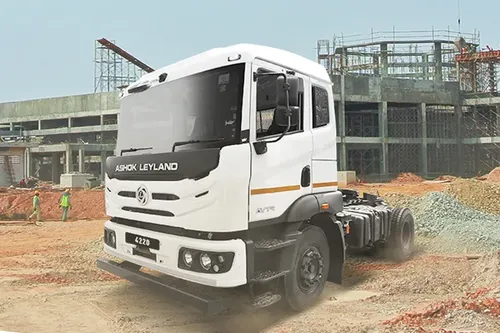Ad
Ad
Paramparagat Krishi Vikas Yojana
The Paramparagat Krishi Vikas Yojana is a comprehensive component of the National Mission of Sustainable Agriculture (NMSA) project's Soil Health Management (SHM) initiative. This program aims to promote organic farming methods by adopting a cluster-based approach and offering PGS certification. Through this scheme, the government intends to encourage farmers to shift towards organic farming techniques, which are not only environmentally sustainable but also economically viable for farmers in the long term. The "Paramparagat Krishi Vikas Yojana" is designed to support farmers in adopting organic farming practices, improving soil health and productivity, and ensuring that their produce meets the high standards set by the PGS certification process. The ultimate goal of this scheme is to support the growth of sustainable agriculture in India, helping farmers to achieve long-term viability and success.

Expected outcomes of Paramparagat Krishi Vikas Yojana
The Paramparagat Krishi Vikas Yojana has several expected outcomes, including:
- Advancement of commercial organic farming through certified organic practices.
- Pesticide-free produce that will improve consumer health.
- Increased income for farmers and the creation of new market opportunities for traders.
- Motivating farmers to utilize natural resources for input production, promoting sustainability in agriculture.
- By promoting these outcomes, the scheme aims to improve the overall health of the agricultural sector in India, from the farmers to the consumers. The goal is to create a thriving and sustainable organic farming industry that will benefit all those involved and contribute to the overall health and well-being of the nation.

Implementation of the Paramparagat Krishi Vikas Yojana
The implementation of the "Paramparagat Krishi Vikas Yojana" will involve the following steps:
- Encouragement of groups of farmers to participate in organic farming under the scheme.
- The formation of clusters consisting of 50 or more farmers with a total of 50 acres of land dedicated to organic farming. Over a three-year period, 10,000 such clusters are expected to be formed, covering a total of 5.0 lakh acres.
- No financial burden will be placed on farmers for certification expenses.
- Each farmer will receive financial support in the amount of Rs. 20,000 per acre over a three-year period to cover costs associated with seed to harvest and transportation of produce to market.
- Promotion of organic farming through the use of traditional resources, with the aim of linking farmers with markets for organic produce.
- The goal of this program is to increase domestic production and certification of organic produce by involving farmers in the process.
- Through these efforts, the government aims to create a supportive and incentivizing environment for farmers to transition to organic farming, increasing their income and contributing to the growth of a sustainable agricultural sector in India.
Components and Pattern of Assistance
Adoption of Participatory Guarantee System (PGS) certification through cluster approach:
The PGS certification will be adopted through the cluster approach where a group of farmers/local people will be formed in 50 acres.
Mobilization of farmers / local people to form cluster: Farmers/local people will be mobilized to form a cluster for the purpose of PGS certification.
Conducting of meetings and discussions of farmers in targeted areas to form organic farming cluster: Meetings and discussions will be conducted among farmers in targeted areas to form an organic farming cluster. The cost for each farmer will be Rs. 200.
Exposure visit to members of cluster to organic farming fields: Exposure visits will be arranged for members of the cluster to organic farming fields. The cost for each farmer will be Rs. 200.
Formation of cluster, farmer pledge to PGS, and Identification of Lead Resourceful Person (LRP) from cluster: The cluster will be formed, and farmers will pledge to PGS. A Lead Resourceful Person (LRP) will also be identified from the cluster.
Training of cluster members on organic farming: Cluster members will be trained on organic farming in 3 training sessions at a cost of Rs. 20,000 per training.
PGS Certification and Quality Control: The process of PGS certification and quality control will be followed.
Training on PGS Certification: Training on PGS certification will be provided in 2 days at a cost of Rs. 200 per LRP.
Training of Trainers (Lead Resource Persons): 20 Lead Resource Persons will be trained at a cost of Rs. 250 per day per cluster for 3 days.
Online Registration of farmers: Farmers will be registered online at a cost of Rs. 100 per member of the cluster x 50.
Soil sample collection and testing: Soil samples will be collected and tested (21 samples/year/cluster) at a cost of Rs. 190 per sample for three years.
Process documentation for PGS certification: Documentation of the process of conversion into organic methods, inputs used, cropping pattern followed, organic manures, and fertilizers used will be done for PGS certification. The cost will be Rs. 100 per member x 50.
Inspection of fields of cluster members: Fields of cluster members will be inspected (3 inspections will be done per cluster per year) at a cost of Rs. 400 per inspection x 3.
Residue analysis of samples in NABL: Residue analysis of samples will be done in NABL (8 samples per year per cluster) at a cost of Rs. 10,000 per sample.
Certification Charges: Charges for certification will be incurred.
Administrative expenses for certification: Administrative expenses for certification will be incurred.

The following is a detailed explanation of the plan for adopting an organic village for manure management and biological nitrogen harvesting through a cluster approach-
Conversion of land to organic farming: Conversion of 50 acres of land to organic farming will cost Rs. 1000/acre, with a total cost of Rs. 50,000.
Introduction of cropping system: The introduction of an organic cropping system, including the procurement of organic seeds or raising an organic nursery, will cost Rs. 500/acre/year x 50 acres, for a total cost of Rs. 25,000/year.
Traditional organic input production units: The creation of traditional organic input production units, such as Panchagavya, Beejamruth, and Jeevamruth, will cost Rs. 1500/unit/acre x 50 acres, for a total cost of Rs. 75,000.
Biological Nitrogen Harvest planting: The planting of Gliricidia and Sesbania for biological nitrogen harvesting will cost Rs. 2000/acre x 50 acres, for a total cost of Rs. 100,000.
Botanical extracts production units: The creation of botanical extract production units, such as Neem cake and Neem oil, will cost Rs. 1000/unit/acre x 50 acres, for a total cost of Rs. 50,000.
Integrated Manure Management: The use of liquid biofertilizer consortia, such as nitrogen fixing, phosphate solubilizing, and potassium mobilizing biofertilizer, will cost Rs. 500/acre x 50, for a total cost of Rs. 25,000.
Liquid Biopesticides: The use of liquid biopesticides, including Trichoderma viridae, Pseudomonas fluorescens, Metarhizium, Beauveria bassiana, Pacelomyces, and Verticillium, will cost Rs. 500/acre x 50, for a total cost of Rs. 25,000.
Neem Cake/Neem Oil: The use of Neem Cake and Neem oil will cost Rs. 500/acre x 50, for a total cost of Rs. 25,000.
Phosphate Rich Organic Manure/Zyme Granules: The use of Phosphate Rich Organic Manure and Zyme Granules will cost Rs. 1000/acre x 50, for a total cost of Rs. 50,000.
Vermicompost: The production of Vermicompost (7’x3’x1’ size) will cost Rs. 5000/unit x 50, for a total cost of Rs. 250,000.
Custom Hiring Centre (CHC) charges: The use of CHC services, including the hiring of agricultural implements (such as power tillers, cono weeders, paddy threshers, furrow openers, sprayers, rose cans, and top pan balances) and walk-in tunnels for horticulture, as well as the construction of cattle sheds, poultry, and piggery for animal compost, will be subject to CHC charges as per the guidelines of SMAM, MIDH, and Gokhul Scheme.
Packing, Labeling, and Branding of organic products: The packing, labeling, and branding of organic products will include the use of packing material with PGS logo and hologram printing, and will cost Rs. 2500/acre x 50, for a total cost of Rs. 125,000.
FAQs on Paramparagat Krishi Vikas Yojana
Q1. What is Paramparagat Krishi Vikas Yojana?
Paramparagat Krishi Vikas Yojana (PKVY) is an initiative of the Indian government that aims to promote organic farming by providing financial and technical assistance to farmers.
Q2. Who is eligible to apply for PKVY?
Small and marginal farmers, as well as those who have been practicing organic farming, are eligible to apply for PKVY.
Q3. What kind of assistance is provided under PKVY?
Under PKVY, farmers receive financial assistance for the conversion of their land to organic farming, as well as for inputs such as seeds, fertilizers, and bio-pesticides. Technical assistance in the form of training and exposure visits is also provided to farmers.
Q4. How can farmers apply for PKVY?
Farmers can apply for PKVY by contacting the nearest agriculture department office. They can also apply online through the official website of the agriculture department.
Q5. What is the maximum amount of assistance available under PKVY?
The maximum amount of assistance available under PKVY varies depending on the activities and inputs involved in organic farming.
Q6. Is there any age limit for farmers to avail benefits under PKVY?
There is no age limit for farmers to avail benefits under PKVY.
Q7. What is the duration of the PKVY program?
The duration of the PKVY program is 3 years, after which farmers can continue with organic farming without any further assistance.
Q8. What are the benefits of organic farming under PKVY?
The benefits of organic farming under PKVY include higher yield and income, improved soil health, reduced use of chemicals and pesticides, and improved health and nutrition of consumers.
Q9. How is organic farming different from conventional farming?
Organic farming is different from conventional farming in that it uses natural inputs such as organic fertilizers, bio-pesticides, and compost to improve soil health and control pests, whereas conventional farming relies on synthetic chemicals.
Q10. What is the difference between PKVY and other agricultural programs?
PKVY is different from other agricultural programs in that it specifically focuses on promoting organic farming and provides both financial and technical assistance to farmers.
Features & Articles
Benefits of Buying a Mahindra Treo In India
Discover the top benefits of buying the Mahindra Treo electric auto in India, from low running costs and strong performance to modern features, high safety, and long-term...
06-May-25 11:35 AM
Read Full NewsSummer Truck Maintenance Guide in India
This article provides a simple and easy-to-follow summer truck maintenance guide for Indian roads. These tips ensure that your truck remains reliable and efficient during...
04-Apr-25 01:18 PM
Read Full NewsAC Cabin Trucks in India 2025: Merits, Demerits, and Top 5 Models Explained
From 1st October 2025, all new medium and heavy trucks must have air-conditioned (AC) cabins. In this article, we will discuss why every truck should have an AC cabin, it...
25-Mar-25 07:19 AM
Read Full NewsBenefits of Buying Montra Eviator In India
Discover the benefits of buying the Montra Eviator electric LCV in India. With best performance, long range, and advanced features, it's perfect for city transport and la...
17-Mar-25 07:00 AM
Read Full NewsTop 10 Truck Spare Parts Every Owner Should Know
In this article, we discussed the top 10 important truck spare parts every owner should know to keep their truck running smoothly. ...
13-Mar-25 09:52 AM
Read Full NewsTop 5 Maintenance Tips for Buses in India 2025
Operating a bus in India or managing a fleet for your company? Discover the top 5 maintenance tips for buses in India to keep them in top condition, reducing downtime, an...
10-Mar-25 12:18 PM
Read Full NewsAd
Ad
Registered Office Address
Delente Technologies Pvt. Ltd.
M3M Cosmopolitan, 12th Cosmopolitan,
Golf Course Ext Rd, Sector 66, Gurugram, Haryana
pincode - 122002
Join CMV360
Receive pricing updates, buying tips & more!
Follow Us
COMMERCIAL VEHICLE BUYING BECOMES EASY AT CMV360
CMV360 - is a leading commercial vehicle marketplace. We helps consumers to Buy, Finance, Insure and Service their commercial vehicles.
We bring great transparency on pricing, information and comparison of tractors, trucks, buses and three wheelers.



















